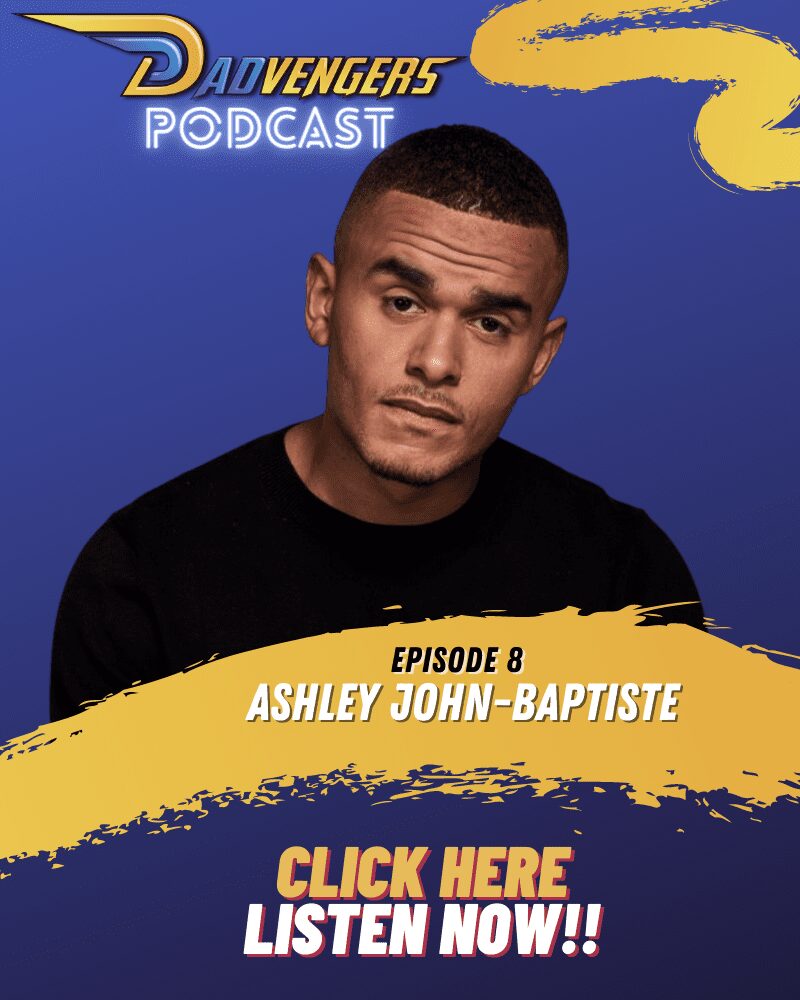As the parent or carer of a baby, you’ve probably heard of sleep regression. It’s that time when, your baby has lulled you into a false sense of security. Letting you get those precious unbroken hours of sleep – and then… bam. They’re unsettled, waking multiple times a night, and you feel like you’re back in the newborn stage all over again! Don’t fret. This is so common and lots of children go through this. There are a number of reasons it can happen but a really common one is a change in their development.
Babies and toddlers are constantly developing and hitting new milestones. It’s amazing to watch and will make you beam with pride. However, some of these milestones can lead to sleep disturbance in babies and toddlers that have otherwise been sleeping well. It’s what is often referred to as a ‘sleep regression’. The term has a bit of a bad reputation but they are often linked to big progression leaps in your baby’s development. As amazing as that its, it still hits you like a ton of bricks!
Common questions I get asked around sleep regressions are what the main ages to expect it, and how long does it last. I will go through the key sleep regressions in this post. And give you some ideas for how to deal with them!
It Starts at 4 Months!
The most common and often hardest is the 4 month sleep regression. It comes at a time when your little one has just started settling into a routine. You think there is light at the end of the sleepless night tunnel. And there is! At 4 months your baby’s sleep changes and they start to sleep in cycles just like we do as adults. We all transition between light and deep sleep with short, unconscious ‘wakes’ in between.

Baby’s sleep becomes more unsettled as they haven’t been used to ‘waking’ and they need to learn the skill of getting back to sleep. This will require some help from mum and dad. Your baby may need you to comfort them, and help them back to sleep. They may also require an extra feed. Babies often go through a growth spurt at this age so may be hungry when they wake.
This phase usually lasts just a few weeks, and your little one should soon be sleeping soundly though the night again. However, if this lasts longer than a month, you might want to think about getting some support. Your health visitor, or a sleep consultant are good places to start.
Top Tips for Parents:
- Your baby may be more hungry as there is also often a growth spurt at this time. If they need feeding more in the night then feed them, but try to settle them back to their normal feeding schedule as this tricky patch passes.
- If they do need extra feeding/support in the night, try and get babies back off to sleep in their own crib. This is a critical time in their sleep development. You want to help them learn how to settle themselves back to sleep rather than teach them that they need to be picked up and rocked each time. This can quickly become what they expect and need each time they wake in the night, and the regression ends up becoming the norm.
- If baby is being breastfed more regularly during this phase but you know the baby isn’t always hungry, the non-breastfeeding partner could do some of the settling.
- Be kind to yourself. Remember this is another phase. Although it can sometimes last longer, you are usually through the worst of it within 1-2 weeks.
8 Months… New Skills and Less Sleep!
So you’ve overcome month 4… baby is sleeping soundly and then around 8 months, it starts all over again! Whilst commonly known as the 8 month sleep regression, I’m a bit vague on the timing. This is because little ones develop at different rates. Although parents often see a sleep disturbance around 8 months, it can happen as early as 7 months or even up to 11 or 12 months.
Every time your baby learns another amazing skill like rolling over, crawling, standing in their cot, or even clapping, there is so much going on in their little brains it can often impact their sleep. Another thing they love to do is practice their new found skill in the night! We were kept awake one night by my second son clapping for over half an hour. What better time to practice your new skill?! 3am when mummy and daddy are trying to get some sleep – definitely clapping time! In saying this,
However, the main cause of this sleep regression is separation anxiety. Around this age, babies are becoming more and more socially and self-aware, and they develop a concept called objective permanence. Objective permanence is the understanding that objects continue to exist even when they cannot be seen, heard, or otherwise sensed. This can lead to babies becoming more clingy to their parent or caregiver. Often making bedtime and leaving the baby to independently sleep a little more challenging.

Top Tips for Parents:
- Practice, Practice, Practice! Encourage your baby to use their new skills in the day as much as possible. As soon as they master it, it’s less stimulating on their brain and they are less likely to be processing (or practising!) at 2am!
- If your little one does become clingy, showing them that you always come back is a great way to soothe this. If you pop out of the room to go to the bathroom etc, say to them things like ‘Daddy is coming back’ or ‘Daddy will be just out here’. Using these phrases at night will make them feel comforted that you are close. They may not have words yet, but they understand so much of what you say.
18 Months… Here We Go Again!
This is the main toddler sleep regression and around this age or a bit before, little ones go through big physical developments. Walking, climbing and pulling themselves up onto things start to become their primary way of navigating the world. They may also begin to use a lot more verbal language to communicate what they want (they always know what they want!). Furthermore, it’s around this time they have probably dropped down to one day nap (‘nap transitions’) which means they are using more energy but resting less. This all can have an impact on their sleep at night.
Top Tips for Parents:
- Don’t be tempted to skip naps at this age so little ones sleep longer at night. Sleep breeds sleep! At 18 months toddlers should still be having up to 2 hours at lunch time.
- If you start to notice your little one getting hyper and ‘silly’ at bedtime, don’t assume they have a new burst of energy. This is a classic sign of overtiredness in older children. Stick to your usual bedtime routine and they will soon settle down.
- Consider moving bedtime forward by 30, or 60, minutes. This earlier winding down, and getting to bed may help avoid the overtired stage altogether.
What Are The Signs of a Sleep Regression and Can I Avoid It?
For many families that already suffer with poor sleep, the signs of a sleep regression may not be too obvious. However, it usually will be identified in babies or toddlers suddenly not accepting their normal approach to get to sleep. Difficult bedtimes, increased night waking’s or new night waking’s are all signs of sleep regression. It often comes out of blue, hitting parents even harder because they’re completely blindsided!
As for avoiding it… The short answer is no. It impacts some children more than others, but they are really common. It happens to most infants at some point, often numerous times. And as hard as they might be, you wouldn’t want to avoid them. This journey is all part of babies growing into the amazing children they will become.
How Long Do Sleep Regressions Last?

Once parents find out that they cannot avoid a sleep regression, they want to know how long it will last. The literature will tell you that this can be anything from 2-6 weeks. But in my experience a sleep regression can last as little as 1-2 weeks. It’s important to have an understanding of potential timeframes as often parents will keep going with poor sleep in their babies or toddlers for months. Putting it down to a sleep regression when it might be something else causing this.
How To Get Through a Sleep Regression?
How you react to the change is important. Try and avoid rushing in and introducing or reintroducing old sleep habits. Rocking or patting your child back to sleep or feeding for comfort (not hunger) can help in the short term. But, if your little one has been sleeping well until now it’s likely they already have the skills to self-settle. You don’t want them to now require external sleep props to fall asleep. I find it crazy how long it can take a child to drop a new habit vs. how quickly they can pick one up! In just a few days you might find that your child is expecting a new level of service in the night that they weren’t the week before!
That said, they may need some extra support. Always remember that babies and toddlers want to sleep! And when their sleep is disturbed and they don’t understand why, they can become upset or frustrated. If they wake in the night, hang back for a short while to see if they settle themselves. If not, don’t be afraid of going in and comforting them. Pick them up until they are soothed and more content, but try and put them back into their cot to continue their sleep. You may need to do this a few times as they are going through such big life changes and need reassurance from their caregiver. Remember, sleep regressions don’t last forever! So try to stay firm and consistent in the approach you are already using and it will pass, much to everyone’s relief.
I’m a baby and toddler sleep consultant specialising in designing gentle sleep training programmes for babies and toddlers. I work with clients on a one to one basis and I also have a series of age-specific online courses for you to implement at your own pace.
More on the Subject of Sleep Regression
If you’d like to learn more about sleep regression, Chris joined us on Dad Chats Live, our weekly parenting chat hosted on our Instagram Account. Chris shared some more top tips on managing these sleep phases – click on the picture to take you straight there!
Did you enjoy this post, do you also want more on this subject? Tell us your thoughts here!




















